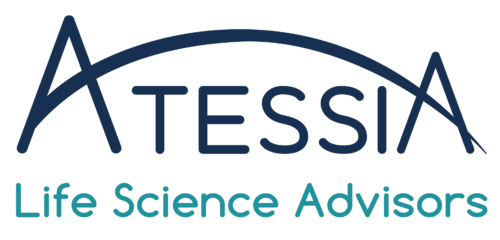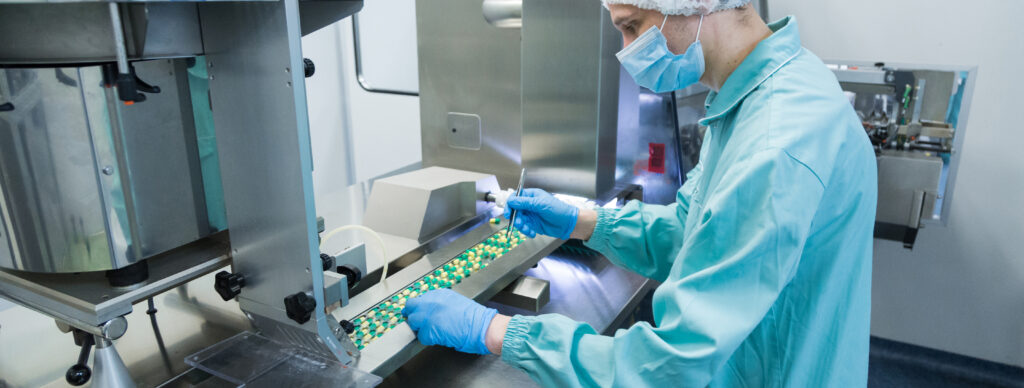What are the possible interactions between health industry players and healthcare professionals (HCPs) in France?
Promotional visit for medicinal products in France refers to promotional interactions with healthcare professionals (HCPs) conducted by authorized collaborators from the pharmaceutical industry.
The structural reform of health insurance established by the law of August 13, 2004, resulted in the first Charter of Medical Visit. The objective was to better regulate the commercial and promotional practices of laboratories that could harm the quality of care (creation of Article L.162-17-8 of the Social Security Code).
Since 2008, the scope of the charter has been broadened to include prescribers practicing in health institutions, and not just those from private practices. The latest version of the Charter, dated October 15, 2014, is now titled the “Charter on information provided for the promotion of medicinal products through prospecting or canvassing “
All pharmaceutical companies with an authorization to open as an “Exploitant” and having signed an agreement with the French Economic Committee for Health Products, CEPS, (reimbursable medicinal products), must commit to respecting the Charter, interpreted by a referential established by the High Authority for Health (HAS). The latest version of this reference system came into effect in March 2017. It is the practical application procedure of the Charter, and it is based on this procedure (certification reference system) that certifying bodies, accredited by the French Accreditation Committee (COFRAC), certify companies for their promotional activity. This procedure has two parts: one dedicated to the certification of the activity performed by the “Exploitant” companies themselves, on their own or in co-promotion, as well as the requirements that these companies must meet in the event of outsourcing all or part of their promotional activity. The second part is dedicated to the certification of the promotional activity performed by subcontracting companies.
Companies subject to this system must implement a quality management system that can sustainably meet the requirements of the Charter and its reference system:
- Definition, implementation, and monitoring of the quality policy for this activity.
- Initial/continuous training and knowledge evaluation of promotional collaborator (7 regulatory themes and 2 scientific themes)
- Respect for ethical rules towards patients, health professionals, competing companies, their own company, and health insurance.
- Co-promotion and recourse to subcontracting (contract, responsibility, organization, and monitoring).
Pharmaceutical laboratories must prepare for annual certification audits (N: certification, N+1 surveillance, N+2 surveillance, N+3 renewal audit), regularly review their quality management system, monitor the activity of all cross-functional roles involved (marketing, regulatory affairs, medical, field staff: Medical Science Liaison (MSL) and promotional collaborators, etc.). Among the challenges, one is to ensure the regulatory compliance of promotional activity, which is one of the strategic pillars for companies.
Medicines are not the only ones concerned: the Quality Charter for professional practices for products and services reimbursable, published in the JO on March 8, 2022, will apply concomitantly to multiproduct companies, implying a double management of these Charters despite sometimes contradictory injunctions (see LunchWork Atessia x LexCase 20/04/22 “Quality Charter for professional practices for products and services reimbursable”).
It is interesting to note that the rules differ according to the product portfolio of the company: reimbursable or non-reimbursable medicinal products, Medical Devices, food supplements, cosmetics, biocides, everyday consumer products. Hospital visits are subject to additional rules.
The question of samples follows precise rules concerning both the possible certification, the Law on the Regulation of Benefits, the requirement for transparency of links, the Good Manufacturing Practices (GMP).
What can promotional collaborator say? What can they give to doctors, and what must they give them? How to adapt the rules of the reference system with the digitalization of promotion and the advent of remote visits since the health crisis? And most importantly, what messages to deliver about the therapeutic indications of the marketing authorization , early or compassionate access, and off-label use, taking into account the therapeutic strategy established by the HAS? What part of the discourse should be devoted to job safety and side effects? How to talk about the results of clinical trials?
ATESSIA assists its clients in carrying out annual internal audits in preparation for the certification audits of Exploitant and their subcontractors, writing internal procedures, and training field teams.
Leslie Gorge, Regulatory & Pharmaceutical Affairs Consultant.
For more information
🌐 https://www.atessia.fr/fr/accueil/
Get in touch!
👤 Géraldine BAUDOT-VISSER
📞 +33 764 273 693






